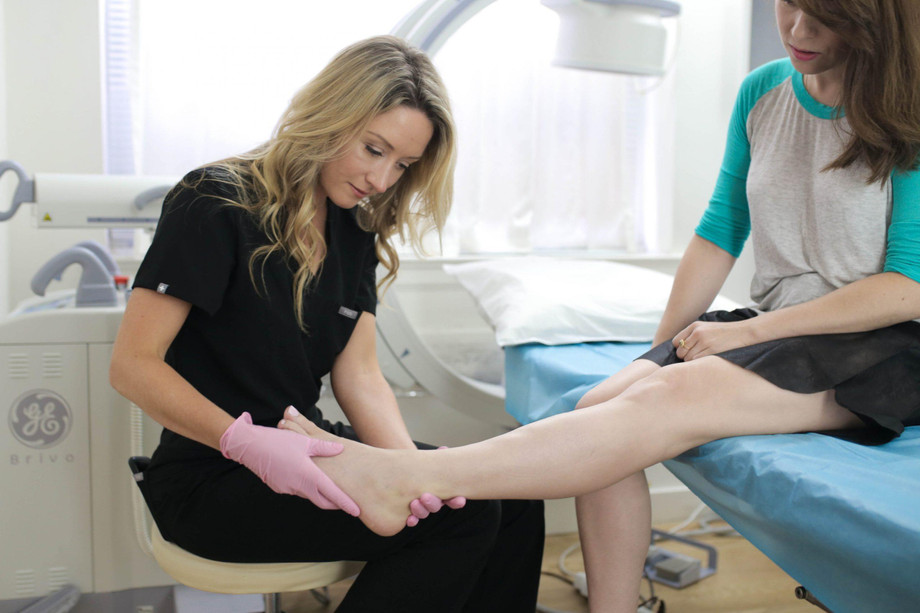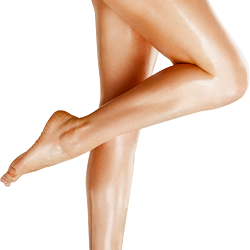When Is The Time To See A Vein Specialist?
Venous disorders are serious diseases that can lead to severe complications. You should treat them with a professional surgeon specializing in varicose veins.
Treating them on time can stop the disease, so it is necessary to pursue advice and care from a vein specialist doctor. If you notice signs of a problem. Keep reading about varicose veins if you are suffering or find some symptoms.
You should visit your doctor if you experience:
If you are Experiencing Pain or Swelling in your Leg.
If you are experiencing pain and inflammation in your muscle, they sometimes mean circulatory or vein issues. When you see pain, swelling, or fluid retention in one Leg and not in the other Leg, it could be a sign of insufficient circulation in that Leg. You must visit a vein specialist to treat it.
If You Notice Increased and Bruised Veins Under Your Skin
Noticing veins that appear red, blue, or purple in color on your skin, then it can be a sign of varicose veins. The best way to confirm is to check them out with a specialist.
Enlarged varicose veins can lead to pain, dryness, or a burning feeling. A twisted and bulging appearance of veins can indicate that it is a varicose vein.
Feeling heavy or weak at the end of the day.
Suppose you notice heaviness, tiredness, and pain regularly in your legs while standing for a long time. In that case, you may contact your doctor or a vein specialist in such cases.
Persistent pain in Leg
If your leg pain continues for a long time. In that case, you may have arthritis, a muscle strain, or shin splints. However, a persistent pain that is not going can be a sign of trouble with your veins.
Dry, Prickly Marks Around Your Feet or Ankles
Having a disorder in the circulatory system in your legs can lead to dry and prickling skin. This is usually found on the ankles or around your feet.
Use a moisturizing product to keep your skin hydrated. Avoid soaking your feet in hot water to see if it fixes. If not, contact an expert to know if it is something more serious.
Family History of Venous Disease
A family history of vein disease can cause you to have varicose veins. You may experience a venous disorder if you have a family history of trouble. Talk to a vein specialist to consider your risks and what lifestyle changes you can make to control them.
Having Sores on Your Legs
If you have soring in your legs, and they are not healing. Mainly associated with diabetes, but sores on your legs that do not heal can also signify compromised circulation. A vein specialist will diagnose if a vein is causing the problem.
Conclusion:
Assuming "What do vein centers do?" A thorough exam, evaluation, diagnostic screenings, and tests can help determine what is causing your symptoms.
Make sure to visit a vein specialist trained to recognize venous disorders' signs and circulatory system problems.
Article Source : https://www.articleaffiliate.com/when-is-the-time-to-see-a-vein-specialist/


Comments
Post a Comment